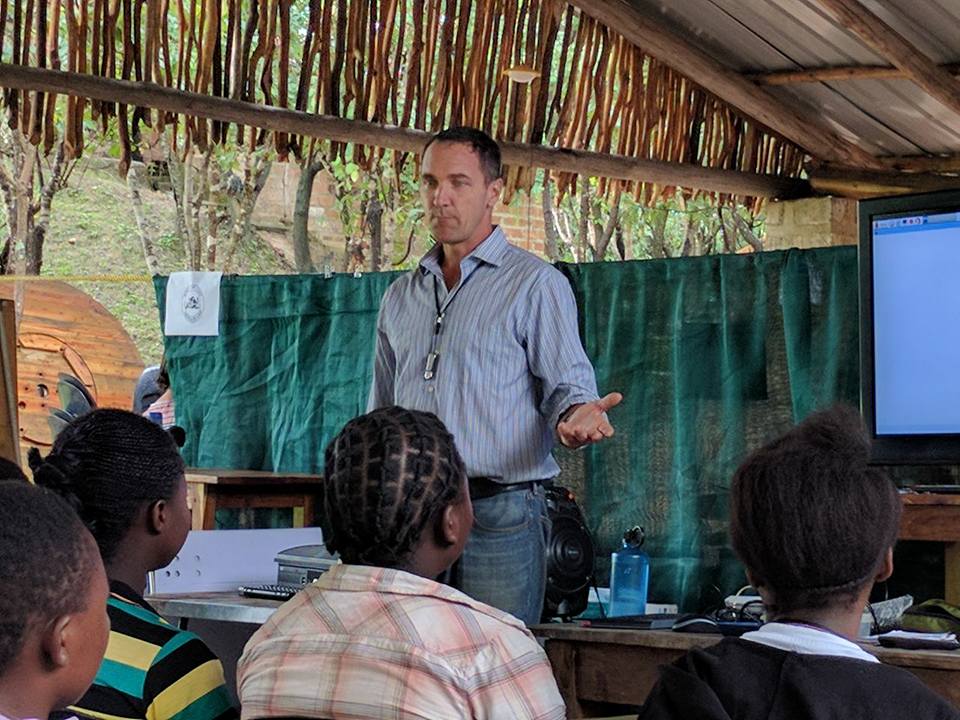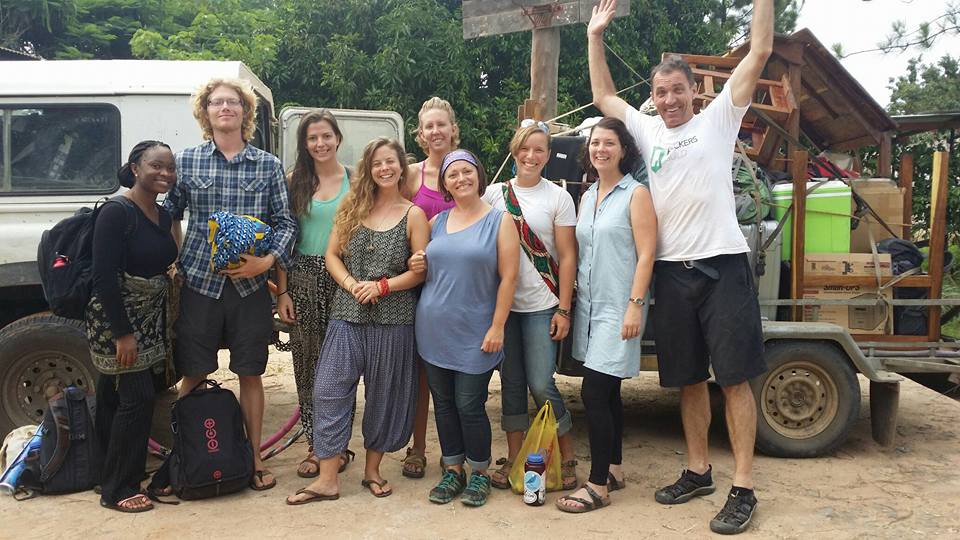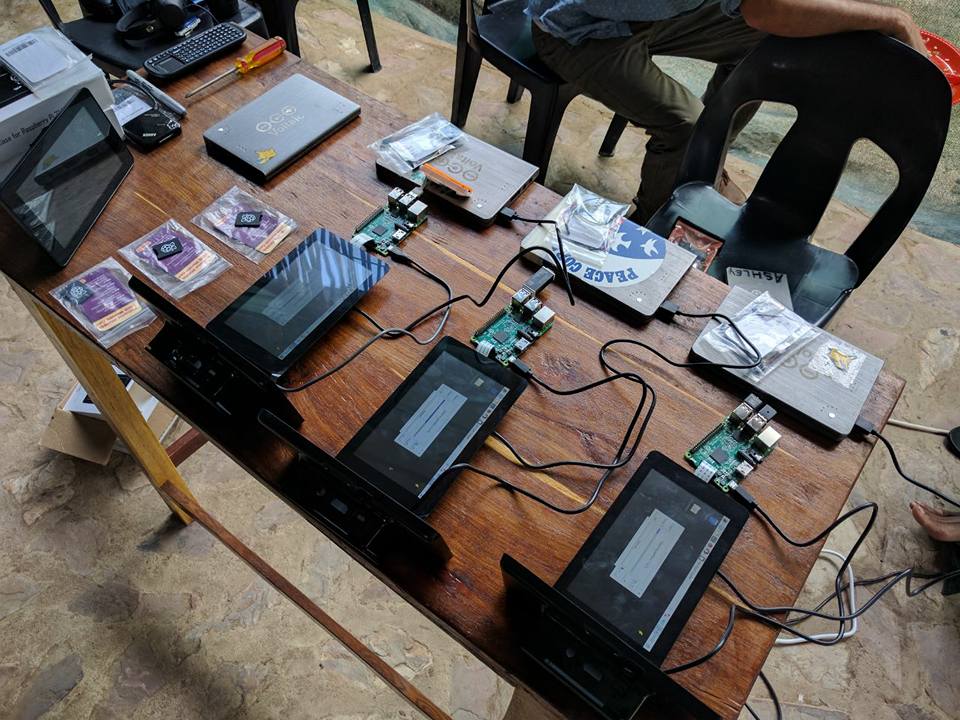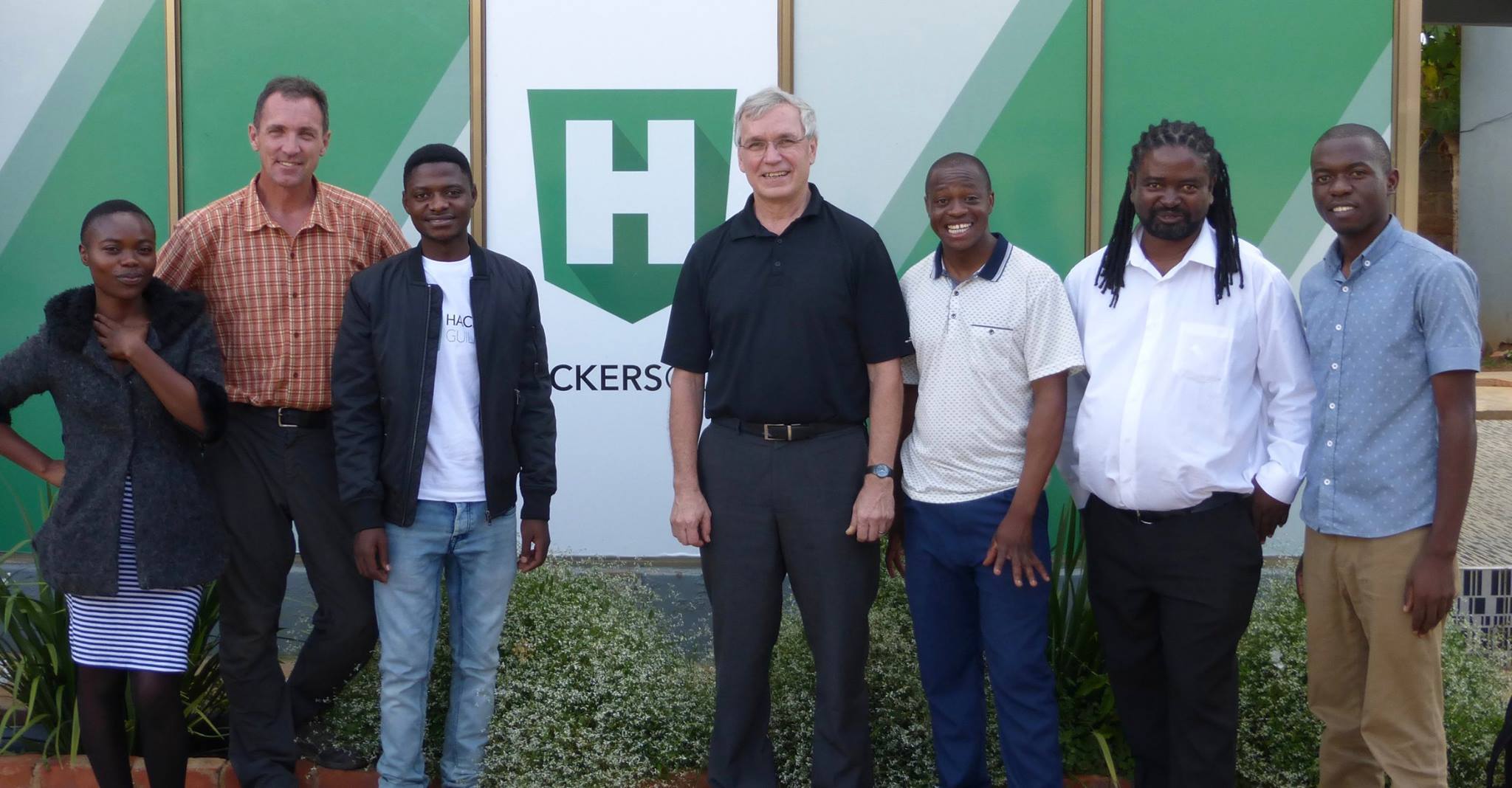SCGH has partnered with US Peace Corps Zambia on a number of projects including the 12V eGranary pilot project described above. Beginning in early 2016, Daniel Bevington came up with a concept of a rural camp designed around teaching selected girls from a few schools in northern Zambia, mostly from Luapula Province. These discussions continued and ultimately became Girls Can Code which was run in January 2017. SCGH assisted with connecting Daniel with Hacker’s Guild (HG) personnel and purchased some of the technical supplies to work through some of the concepts. SCGH, HG and Daniel talked through the plan and then worked with Peace Corps Zambia leadership to submit an application soliciting funding through Peace Corps DC. The project was fully funded from donations within a few weeks. SCGH worked with Daniel and Peace Corps Zambia leadership to formulate a plan and application to keep Daniel on as an Extension Volunteer beginning in March 2017. The plan is to extend this project to other provinces and make it into a sustainable ongoing program. There are lots of pictures and further descriptions on the Facebook page link above.
 Successful opening of the Girls Can Code Camp due to the partnership between Daniel Bevington, Hacker's Guild, Peace Corps Zambia and the Sparkman Center for Global Health
Successful opening of the Girls Can Code Camp due to the partnership between Daniel Bevington, Hacker's Guild, Peace Corps Zambia and the Sparkman Center for Global Health
 Daniel Bevington and his team of PCVs ready to head to the camp facility (which includes 8 bunkhouses)
Daniel Bevington and his team of PCVs ready to head to the camp facility (which includes 8 bunkhouses)
 Girls Can Code brings creative technical thinking, leadership, teamwork and computer science skills to girls in rural Africa
Girls Can Code brings creative technical thinking, leadership, teamwork and computer science skills to girls in rural Africa
 Fun follow up meeting for Dr. Craig Wilson at the Hacker's Guild offices to see Daniel and others enjoying the drone and VR glasses. Discussing next steps of Girls Can Code project with regional Peace Corps leadership. Pictured: Daniel Bevington, Charles Mwanza and Bornwell Mwewa.
Fun follow up meeting for Dr. Craig Wilson at the Hacker's Guild offices to see Daniel and others enjoying the drone and VR glasses. Discussing next steps of Girls Can Code project with regional Peace Corps leadership. Pictured: Daniel Bevington, Charles Mwanza and Bornwell Mwewa.